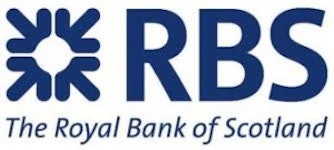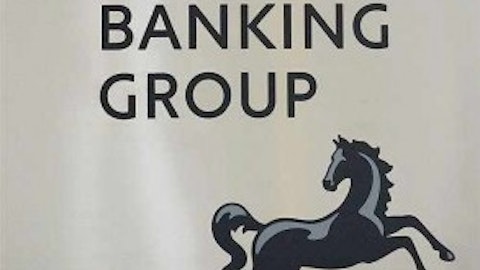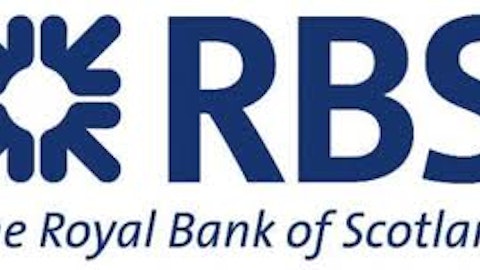
So many plans
Like American politicians, the politicians across the pond do not always see eye to eye, and this resulted in a multitude of plans for managing Royal Bank of Scotland Group plc (ADR) (NYSE:RBS). Some of the plans have included:
A split of RBS into a “good bank” and a “bad bank”
A full nationalization of RBS where the government would purchase remaining privately held shares
A share giveaway whereby citizens of the U.K. would be given shares of Royal Bank of Scotland Group plc (ADR) (NYSE:RBS) so they can benefit from its eventual recovery
Much like the politicians in the U.S., the U.K. politicians have not managed to move along the management of RBS from the status quo. This, in turn, has fueled uncertainty over the future of Royal Bank of Scotland Group plc (ADR) (NYSE:RBS), causing shares to slide back from the heights reached after the subject of re-privatizing the bank was brought up again.
On the preferred side
Common shareholders have has a rough ride over the past few weeks but even Royal Bank of Scotland Group plc (ADR) (NYSE:RBS) preferred shareholders could not escape without losses. At the beginning of June, RBS Series L Preferreds traded around $24 ($1 below liquidation value) but after the increased uncertainty from various politicians, RBS Series L Preferreds have moved down near the $20 mark and currently yield around 7 percent.
It is unclear what, if anything, the government would extract from the preferred shareholders. Most likely the common shares would be impacted to a much greater extent, however losses being forced on preferred shareholders cannot be ruled out. Losses for investors other than common shareholders were imposed in Ireland where Allied Irish Banks junior bond holders were forced to accept a small fraction of what they were owed. However, Royal Bank of Scotland Group plc (ADR) (NYSE:RBS) is in better financial shape than Allied Irish so this is far less likely to happen at RBS.
The other (partially) state-owned bank
While RBS has been attracting a lot of financial press lately due to the large government stake in the bank, Lloyds Banking Group PLC (ADR) (NYSE:LYG) is also partially owned by the U.K. government. But with a stake of less than 40 percent, Lloyds Banking Group PLC (ADR) (NYSE:LYG) investors feel a lot less threatened. This largely explains why in June where RBS shares fell, Lloyds shares were relatively flat. For Lloyds, more investors see a light at the end of the tunnel thereby eliminating some of the uncertainty about Lloyds Banking Group PLC (ADR) (NYSE:LYG) future.
Remnants of the crisis
While shares of the biggest banks this side of the Atlantic have been resold into private markets, RBS is still majority owned by the U.K. government. With elections fast approaching, politicians are trying to come up with a solution to the RBS problem. Since many politicians have proposed many different solutions, Royal Bank of Scotland Group plc (ADR) (NYSE:RBS)’ future rests on which proposal wins out in the end. With this in mind, RBS investors need to watch more than bank fundamentals; they also need to watch a political debate.
The article The Bank That Was a Political Football Is Even More So Now originally appeared on Fool.com and is written by Alexander MacLennan.
Alexander MacLennan has no position in any stocks mentioned. This article is not an endorsement to buy or sell any security and does not constitute professional investment advice. Always do your own due diligence before buying or selling any security. The Motley Fool has no position in any of the stocks mentioned. Alexander is a member of The Motley Fool Blog Network — entries represent the personal opinion of the blogger and are not formally edited.
Copyright © 1995 – 2013 The Motley Fool, LLC. All rights reserved. The Motley Fool has a disclosure policy.



